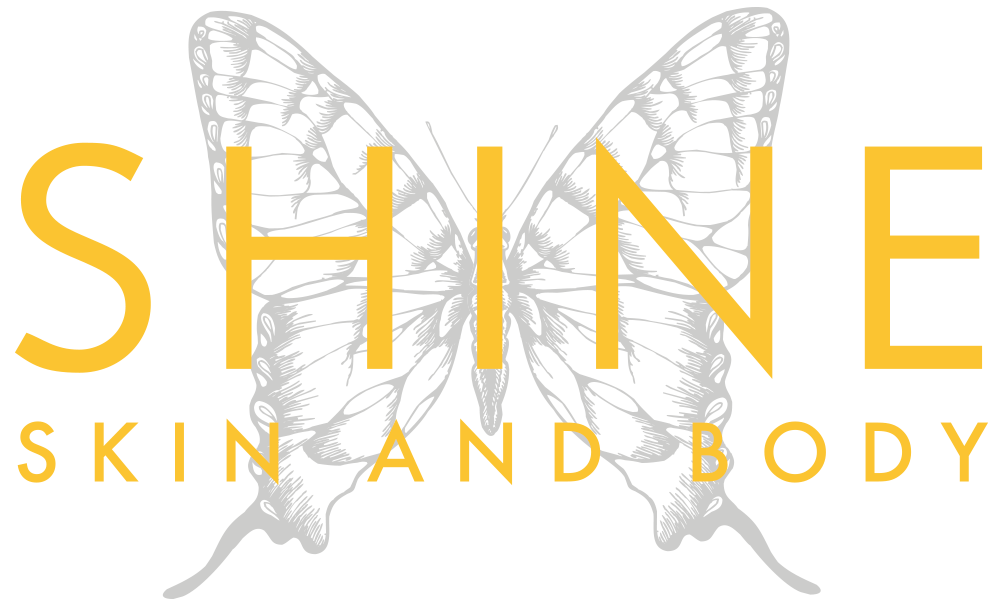In the Press
Pregnancy acne: Why some women get pregnancy acne and exactly how to get rid of it.
Pregnancy acne: Why some women get pregnancy acne and exactly how to get rid of it.
AMY CLARK
APRIL 3, 2019
Pregnancy is a miracle and a wonderful gift, but gee, it causes some hectic changes in your body. Aside from the part where you’re growing a human inside your belly.
After co-existing with your body for however many years, many of which you’ve spent trying to figure out what it likes and doesn’t like, the things that happen to that body during pregnancy are wild.
For some expectant mums, one of those things is pregnancy acne.
The reason for this, in short, is because of the extra hormones surging through your body when you’re with child. Even if you’ve never really had acne before, or had it as a teenager but thought you’d grown out of it, you may experience different types of pimples or acne during pregnancy.
It doesn’t help that all you ever hear about pregnant women is how great their skin is and how much they’re glowing. If you’re pregnant and your skin is playing up, it can only add to the jumble of feelings you’re experiencing about your ever-changing body.
Sheridan Rollard, skincare expert and owner of Shine Skin and Body, has been treating pregnancy acne as a beauty therapist for over 20 years. In her experience, pregnancy acne is just one of the things that can shatter the illusion of what pregnancy is going to be like.
“Pregnancy is seen as a beautiful time in your life, and for some, it is. But in reality, for some woman, it can include morning sickness, fluid retention and acne. We find at Shine we have quite a lot of pregnant woman come in who just want to enjoy this time, but are really disappointed in and despairing about their breakouts,” Rollard told Mamamia.
To figure out what causes pregnancy acne, which traditional acne treatments you can’t use during pregnancy and the best pregnancy acne treatments that are safe, we asked Rollard every pregnancy acne question you’ve ever wanted to know the answer to.
Acne and pregnancy – what is pregnancy acne?
Much like when you were going through puberty (ah, fun times), your body experiences an increase in hormones during pregnancy that can contribute to acne.
“Pregnancy acne occurs when a surge of hormones designed to stabilise your pregnancy and help feed your baby to grow also results in changes in your blood sugar and insulin levels. All these combined can create more oil, and a stickier and thicker oil, in your pores, making your pores more likely to be infected by bacteria and result in inflammation and breakouts,” Rollard said.
The two hormones you can curse for your pregnancy acne are oestrogen (the ‘female’ hormone) and progesterone (the ‘male’ hormone). These hormones are really important during pregnancy – oestrogen helps the uterus grow and progesterone helps thicken the lining your uterus helping your baby grow, but a side effect is they can cause an overproduction in oil – you might find your hair is also oily during pregnancy.
Will every woman get pregnancy acne?
“Not all women will suffer from acne while pregnant. You could have glowing radiant skin due to the increase in blood circulation, or acne due to a surge of hormones,” Rollard said.
If you normally get hormonal breakouts around your period, or if you had hormonal acne as a teenager or adult acne, there’s a greater likelihood you’ll experience pregnancy acne. That said, you might’ve had acne in high school but could have perfect skin during pregnancy, or pregnancy could be the first time you experience acne.
Rollard added, “Anyone can get pregnancy acne, it all comes down to how your body reacts to what your hormones are doing.”
When it comes to pregnancy acne, it doesn’t help that all you ever hear about pregnant women is how great their skin is and how much they’re glowing, does it?
Why is pregnancy acne hard to get rid of?
Acne is never an easy thing to treat. Anyone who has struggled with pimples knows there’s no quick fix. But the thing that makes pregnancy acne particularly hellish is, you can’t really get rid of, rather, merely manage it until you’ve given birth, or in some case, once you’ve finished breastfeeding.
“Hormone surges happen right throughout pregnancy as your baby grows. Firstly, progesterone in the first trimester, then testosterone in the third. As the cause of the breakouts are always present throughout your pregnancy, we can’t stop pregnancy acne. We can only manage the visual appearance right now, and the long term damage acne can cause, such as acne scarring,” Rollard said
Pregnancy acne treatment.
Rollard said your hands are tied when it comes to treating pregnancy acne as there are a number of skincare ingredients and treatments that are not safe to use during pregnancy. But don’t lose hope, there are things you can try with the guidance of a dermatologist or reputable beauty therapist that can reduce the visual appearance of your acne.
Skincare ingredients and treatments that are not safe to use during pregnancy:
“Your skin is more sensitive during pregnancy, so you need to proceed with caution in all treatments and be gentle, especially if your skin is red and inflamed,” Rollard said.
Mamamia’s executive editor and beauty journalist of 15 years Leigh Campbell (who always happens to be pregnant right now) spoke about pregnancy skincare and acne on the You Beauty podcast, noting going back to basics with your skincare is often the best way to manage breakouts rather than stop them entirely.
Here’s a recap of the skincare products and treatment you can’t use during pregnancy.
• Vitamin A or any products that contain retinol.
• Salicylic acid or any acids in the beta-hydroxy acids (BHA) family – BHAs penetrate the deeper layers of your skin, whereas alpha-hydroxy acids (AHAs) only do the surface layers.
• Laser treatments.
• Some essential oils.
Always check with your obstetrician before using any new skincare products or trying new skincare treatments. It’s also important to note, a lot of the acne products you’ll find at the chemist will contain some of the ingredients above, so be mindful of reaching for the same kinds of products you used to treat your teenage acne.
Skincare ingredients and treatments that are safe to use during pregnancy:
So, what can you use to manage pregnancy acne?
Rollard said she often performs extractions – the extracting of blackheads and the gunk inside your pimples performed by a fully trained professional – on her pregnant clients. This will always be better than trying to pop your own pimples as it reduces the risk of infection, which can lead to long-term scarring.
She added, “We can still do AHA peels that help give a deeper chemical exfoliation, or microdermabrasion if you have minimal active pimples – this needs to be done with care as your skin can
be slightly more sensitive when pregnant.”
“A great treatment is also LED light therapy, in particular, the blue light therapy to kill any build up of bacteria, but also infrared light to help with deep cysts.”
To recap, these are the skincare treatments that are safe during pregnancy – but again, always consult your obstetrician first:
• Extraction facials.
• Microdermabrasion, with caution.
• AHA peels.
• LED light therapy.
Really, the most important thing to know about pregnancy acne is that, sadly, it’s just one of the many things some women have to accept will happen to their bodies during pregnancy.
That doesn’t diminish the effect it can have on your self-esteem, but be mindful the best approach is managing the visual appearance gently, rather than ‘getting rid of it’.



